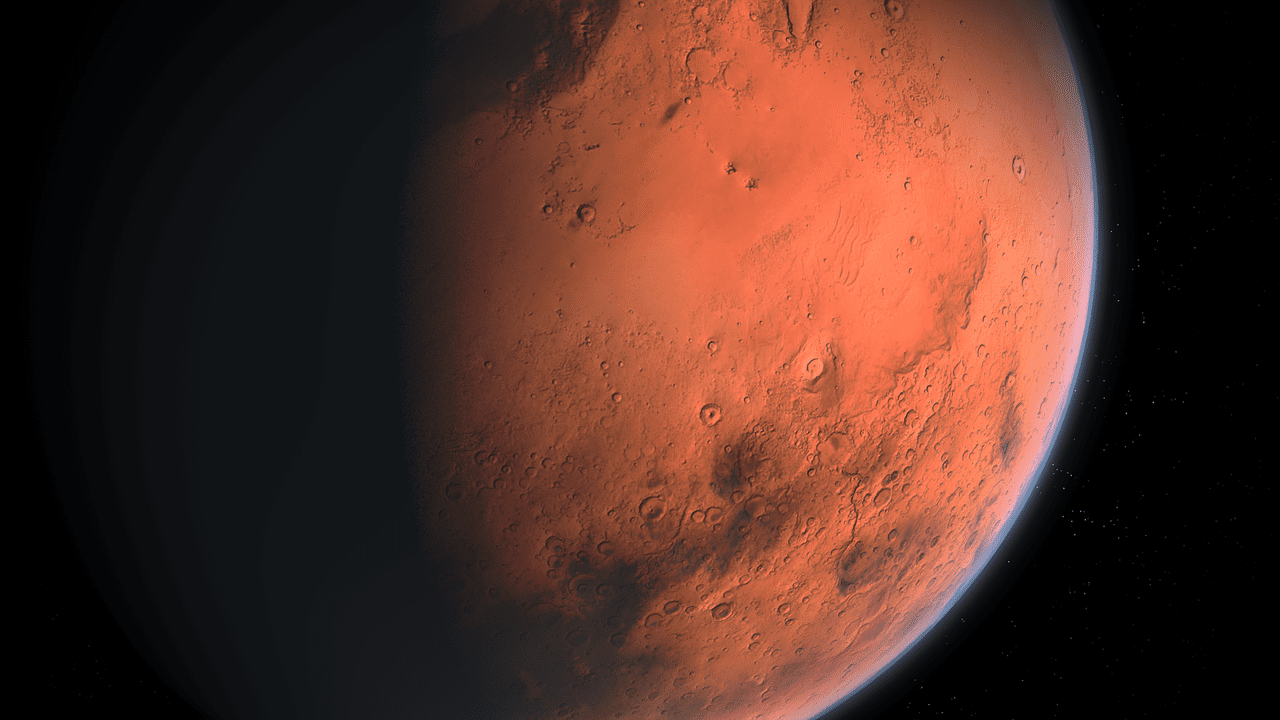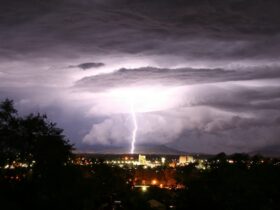New findings come to spoil the dreams of many and relieve the tension for others. It depends on which side you are. Someone once said that whether alien life exists or not, both scenarios can be equally frightening.
But for today, we won’t necessarily be talking about advanced forms of alien life like those that Sigourney Weaver’s character had to face during the iconic ‘Alien’ film series. Many astronomers suspected for a long time that there has to be something living on Mars, although most probably, there could be nothing else than primitive and microscopic organisms.
Cosmic radiation might be burying any possible life forms on Mars
New findings that ScienceAlert reveals indicate that if there are any organisms living on the Red Planet, looking for them at the surface is not a winning move at all. Amino acids are considered the building blocks of life, as they are predominant in many life forms on our planet.
Due to cosmic radiation that does its dirty thing a lot more aggressively on Mars, because there’s no atmosphere, researchers believe that any trace of amino acids that might have been left behind from the past of the Red Planet that was “alive” could now be buried under the Martian soil. To put it more simply, cosmic radiation can destroy amino acids if they appear at the surface. This means that the chances for alien life to exist on the surface of Mars are practically non-existent.
Alexander Pavlov, a physicist from the Goddard Space Flight Center of NASA, explained as the space agency’s website quotes:
Our results suggest that amino acids are destroyed by cosmic rays in the Martian surface rocks and regolith at much faster rates than previously thought,
Current Mars rover missions drill down to about 2 inches (around 5 centimeters). At those depths, it would take only 20 million years to destroy amino acids completely. The addition of perchlorates and water increases the rate of amino acid destruction even further.
Mars is 4.6 billion years old according to the astronomers’ calculations, and the planet is almost as old as the Solar System itself. This means that 20 million years are practically nothing for Mars’ lifespan.
The new study was published in Astrobiology.












Leave a Reply